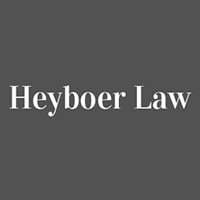Emmett Criminal Lawyer, Michigan
Sponsored Law Firm
-
 x
x

Click For More Info:
-
Hannawa Law PC
2909 E Big Beaver Rd Troy, MI 48083» view mapCriminal Defense Law Full-service legal experts on your side.
Whatever the specific details of your situation may be, our attorneys are ready to fight for you and guide you through every step of the process.
248-466-0770
David R. Heyboer
✓ VERIFIEDCriminal, DUI-DWI, Bankruptcy & Debt, Personal Injury, Real Estate
When you've been arrested and facing criminal charges, there can be serious consequences for you and your family. Don't face your criminal charges alo... (more)
FREE CONSULTATION
CONTACTRichard William Schaaf
Trusts, Estate Planning, Estate, Criminal
Status: In Good Standing Licensed: 11 Years
Mark L. Clark
Litigation, Municipal, Criminal, Business Organization
Status: In Good Standing Licensed: 46 Years
Mark L. Clark
Government, Criminal, Limited Liability Companies, Business
Status: In Good Standing Licensed: 46 Years
 Nickolas Hannawa Troy, MI
Nickolas Hannawa Troy, MI AboutHannawa Law PC
AboutHannawa Law PC

